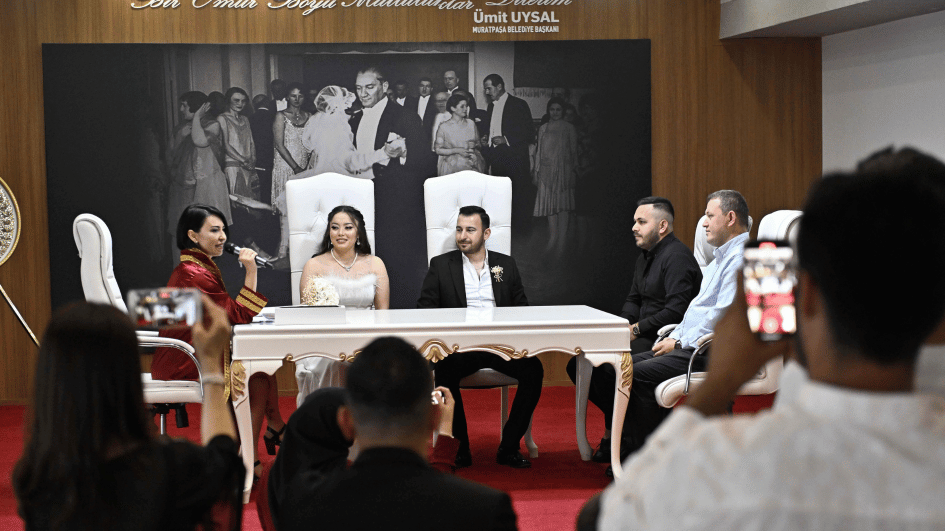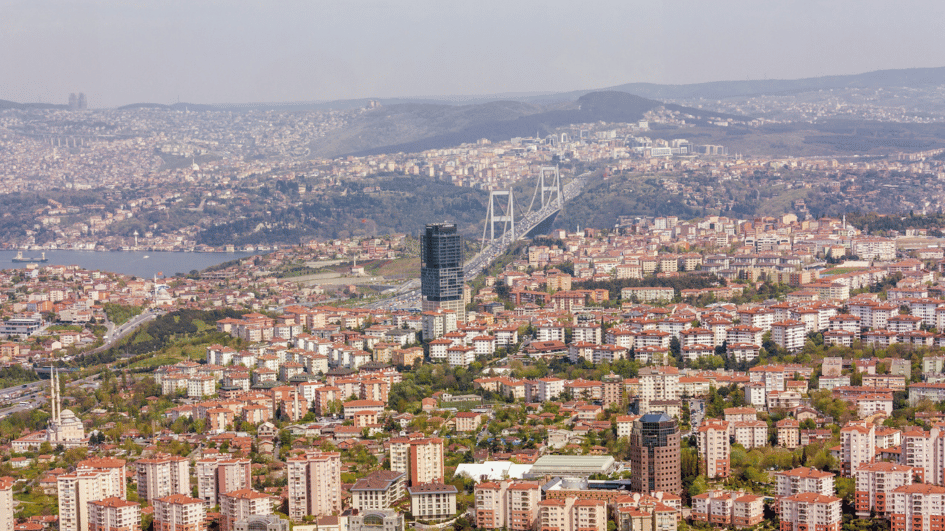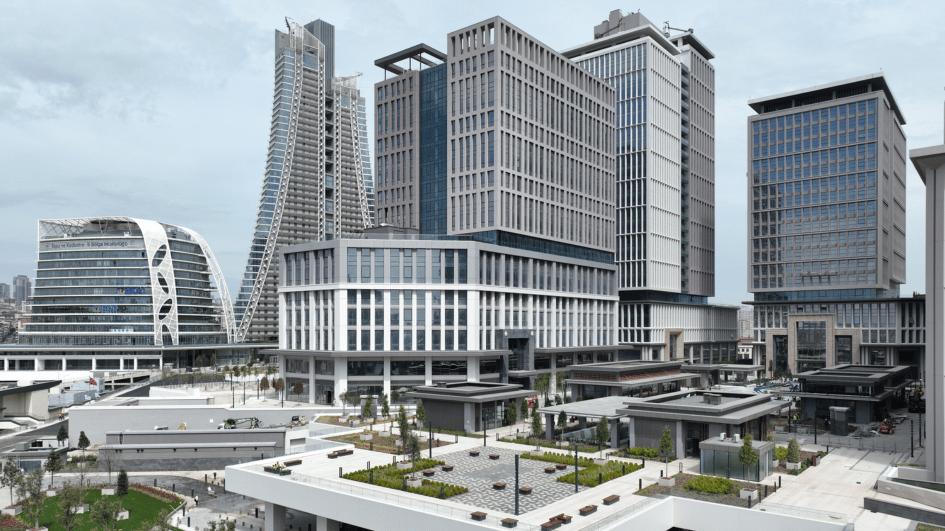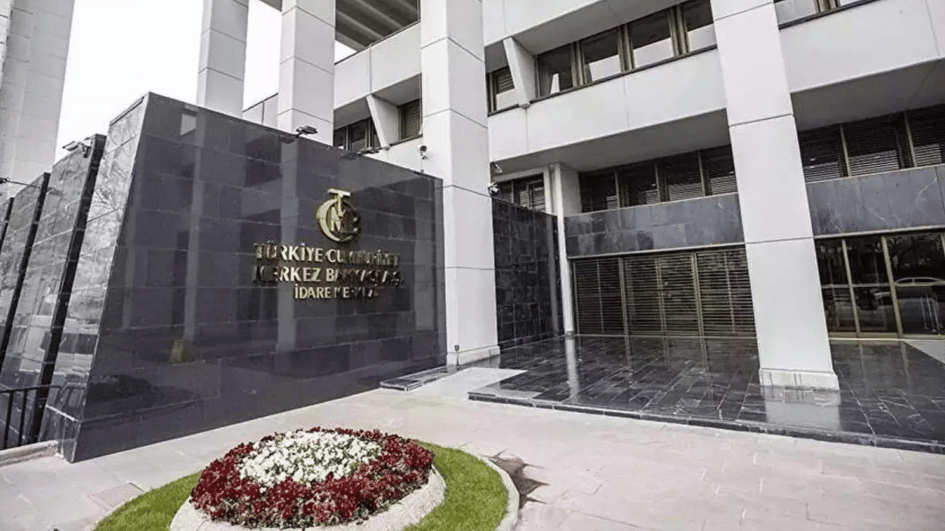Turkish scientist made living robots from human DNA
Fatma Aksu - ISTANBUL
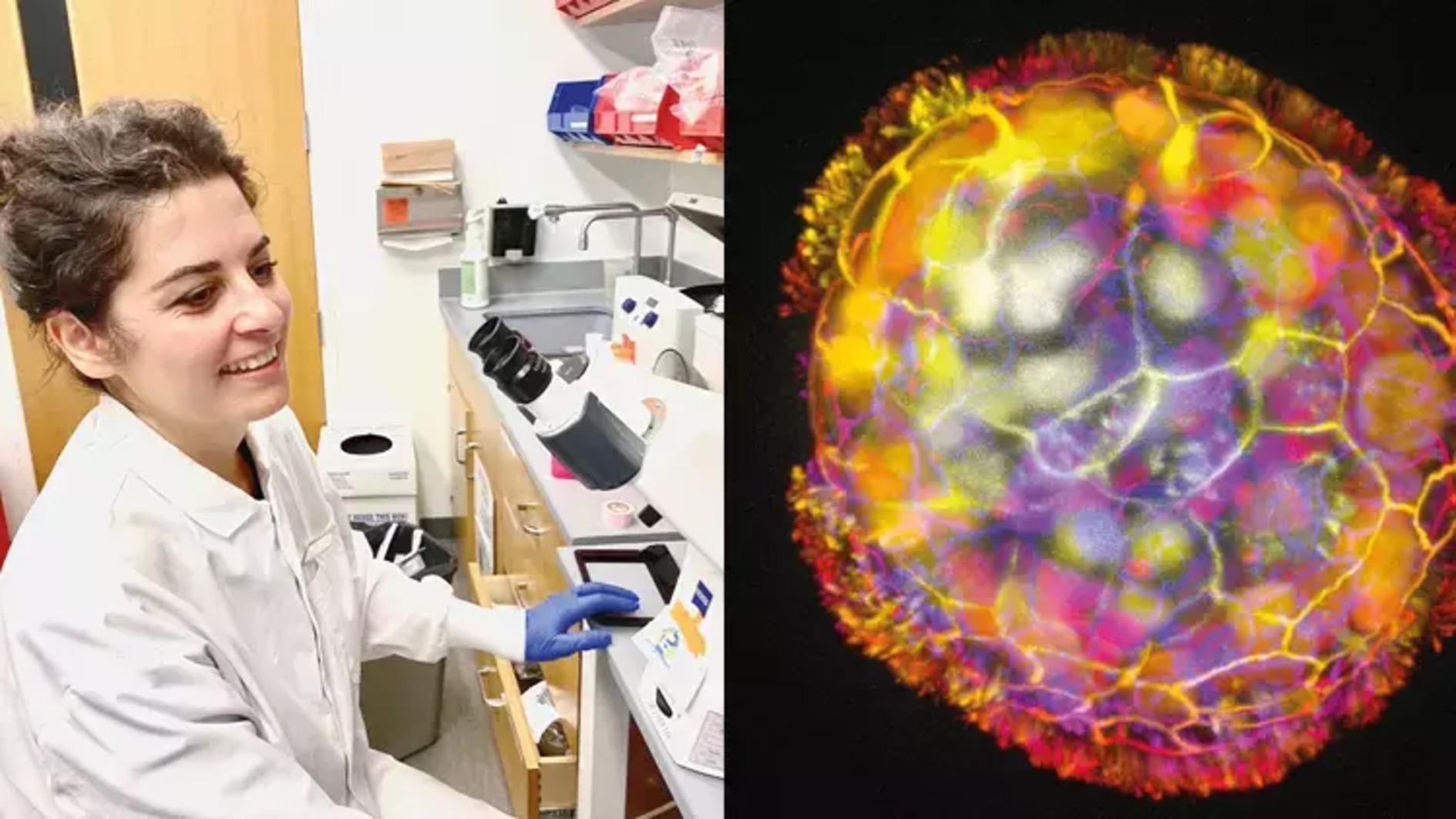
Following her completion of a double master's degree in architecture and synthetic biology in the U.S. after graduating from the Faculty of Architecture, Gizem Gümüşkaya innovatively merged her dual expertise, creating a living robot from human DNA dedicated to repairing damaged tissues in the field of medicine.
After graduating from the university as an architect, Gümüşkaya continued as a dual degree student when she realized that she was also interested in synthetic biology during her master's degree.
The article describing her scientific work, which she called "Anthrobot," was approved by an impartial international anonymous scientific committee and published last week in the scientific journal Advanced Science, one of the authoritative institutions where new discoveries are announced.
Gümüşkaya, whose patent application was also accepted, told daily Hürriyet the following story about her road to success and her future endeavors in the field of medicine: “Since I come from the field of design, I wanted to produce new tissues and new structures that did not exist before in the field of synthetic biology.”
“It took me eight years to realize the idea of creating self-building architectures by playing with the morphogenetic code of cells. ‘Anthrobots’ are the world's first synthetic robots that can build themselves from a single human cell,” she said.
“This is a brand new architecture, but its DNA is 100 percent human DNA. It can be produced from each patient's own cells. The benefit of being a synthetic architecture is that it can be programmed in different ways for different diseases in the future,” Gümüşkaya added.
"In our experiments, we proved that a damaged nerve tissue can be repaired by these robots within three days,” she stressed.
Gümüşkaya underlined that these tests in the laboratory environment will be the next step in the future to use these robots for therapeutic purposes.



